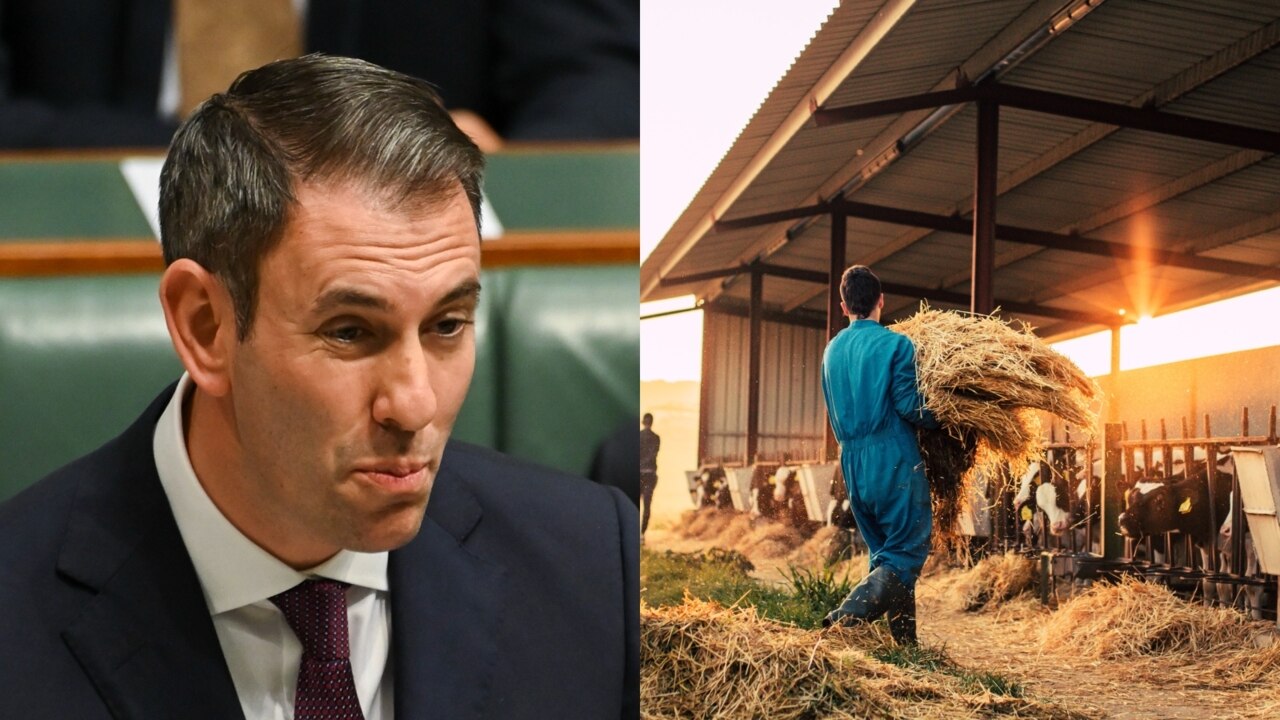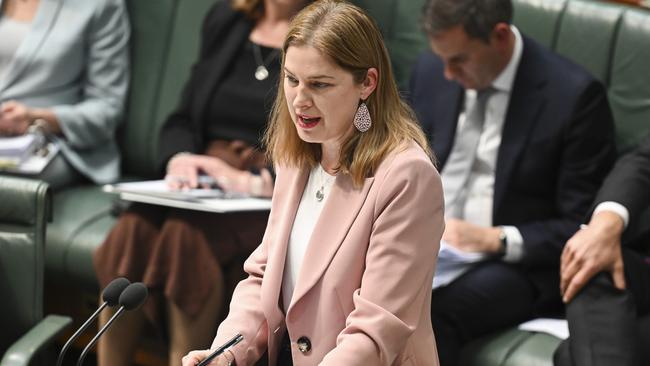‘Not part of the solution’: Biosecurity Protection Levy officially shelved
Agriculture Minister Julie Collins has admitted the controversial levy “will not be part of the solution”.

The Albanese Government has shelved a controversial biosecurity levy that would have seen farmers contribute $48m annually to a revamped funding model.
Labor MPs voted to remove the Biosecurity Protection Levy legislation on Wednesday morning that took the industry by surprise when it was first announced in the 2023-24 federal budget.
“We acknowledge that the Agriculture Biosecurity Protection Levies Bill will not be part of the solution, which is why we supported its removal from the Senate,” Agriculture Minister Julie Collins said.
“The Albanese Labor Government will continue to work with farmers and stakeholders so producers are involved in the policy solutions that protect their livelihoods.”

Labor’s backflip on biosecurity funding follows significant backlash from the agricultural sector, with the National Farmers’ Federation rallying farmers in May to “take a stand” and demand their local politician vote against the bill.
The levy was due to be phased in on July 1 last year, but the legislation failed to win enough support in the parliament.
It was referred to a Senate committee for further scrutiny after the Greens and the Opposition refused to support the Bill as it stood.
The levy was designed to be imposed on every agricultural sector, but it became clear during Senate committee hearings that the Department of Agriculture did not have the infrastructure ready to collect the money raised from each commodity group, nor an understanding of just how much would be collected just months out from its scheduled introduction.
The funds were due to be funnelled into general revenue, which was another sticking point with farming groups as well as the Coalition, Greens and some independent MPs.
NSW Farmers president Xavier Martin said the scrapping of the BPL was a “big win” and came as a relief to thousands of farmers.
“Continued biosecurity funding is essential – and on that we can all agree – but it must be equitable and sensible if we want to safeguard our nation,” Mr Martin said.
The Australian Fresh Produce Alliance said it was a great outcome for the industry that farmers would no longer have to contribute more levies towards biosecurity.
“The Government’s decision to remove this legislation demonstrates an understanding that the biosecurity system benefits all Australians and that creating further cost to farmers doesn’t support improved outcomes for Australian consumers,” AFPA chief executive Claire McClelland said.





